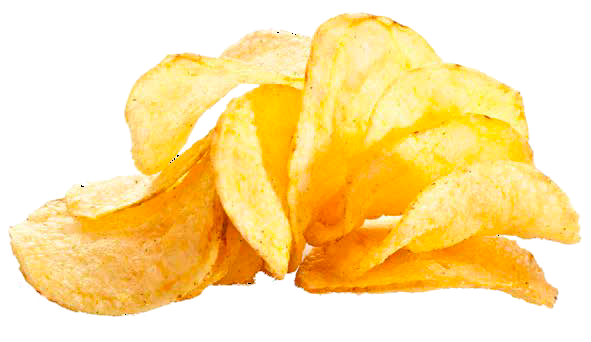Rocky DEM Helps PepsiCo Cut Costs with Virtual Product Testing
Simulations improve the accuracy of factory equipment set-up and help identify potential custom modifications in advance
Newsletter EnginSoft Year 13 n°2
By Massimo Tomasi | EnginSoft


More and more companies rely upon simulation tools to help develop high-quality products and reduce costs. PepsiCo, Inc., one of largest multinational food, snack, and beverage corporations in the world, is using these simulation technologies to analyze and improve products and processes, such as material handling challenges.
By virtually testing the feasibility of the new product or process, the company is able to streamline its workstream.
Discrete Element Method (DEM) is a useful method of simulating how particle-based interactions perform at the bulk solids level of a production line. However, legacy DEM solvers lack realistic particle shapes.
By using Rocky DEM, EnginSoft and PepsiCo were able to accurately simulate the real non-round particles and concave shapes of the actual products, in this case a snack chip, in order to virtually test the physical interactions between the product and the processing equipment.
This allowed them to minimise product waste, optimize the tumbling process for applying seasonings to the chips, and improve their packaging process.
Read the articlesoftware
Particleworks is an advanced CFD Software solution, based on the Moving Particle Simulation (MPS) method.
particleworks